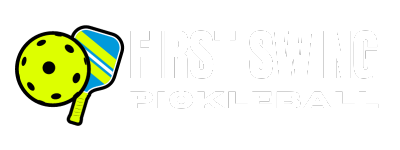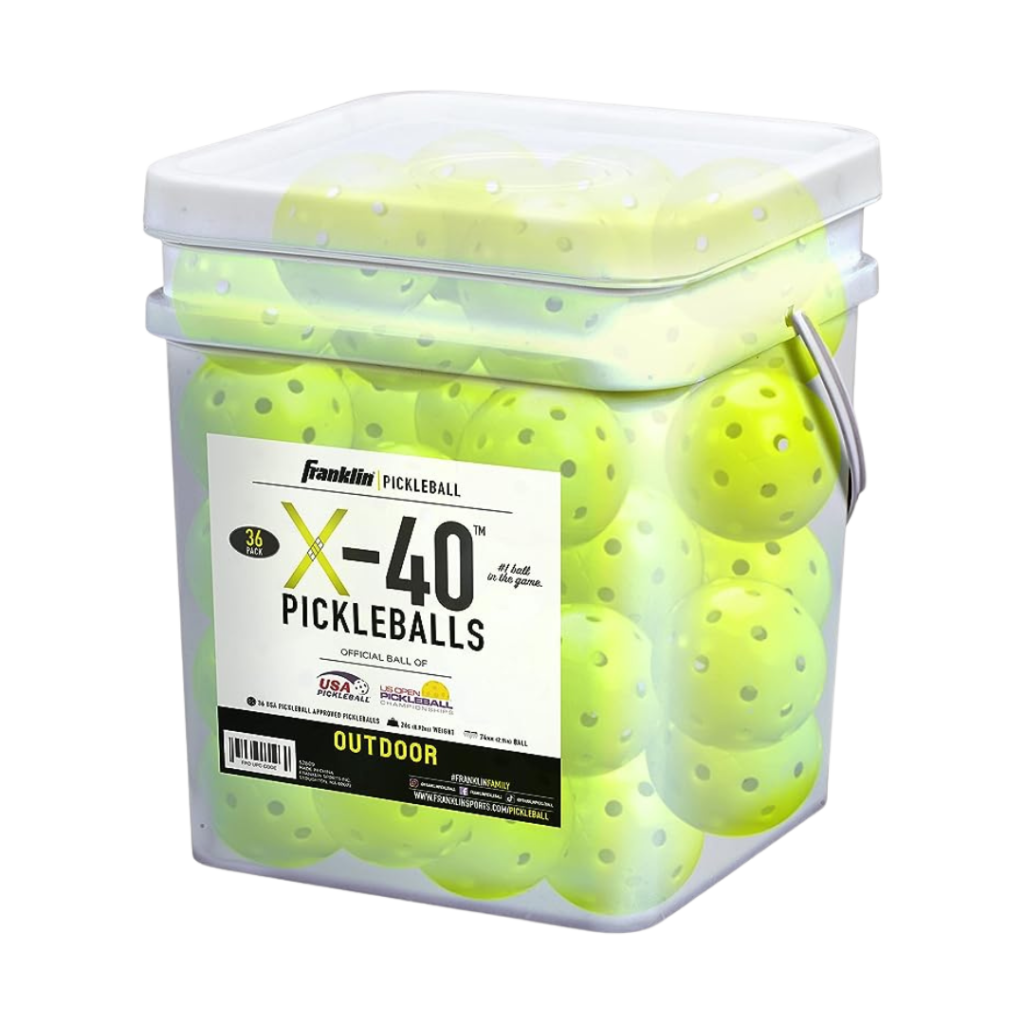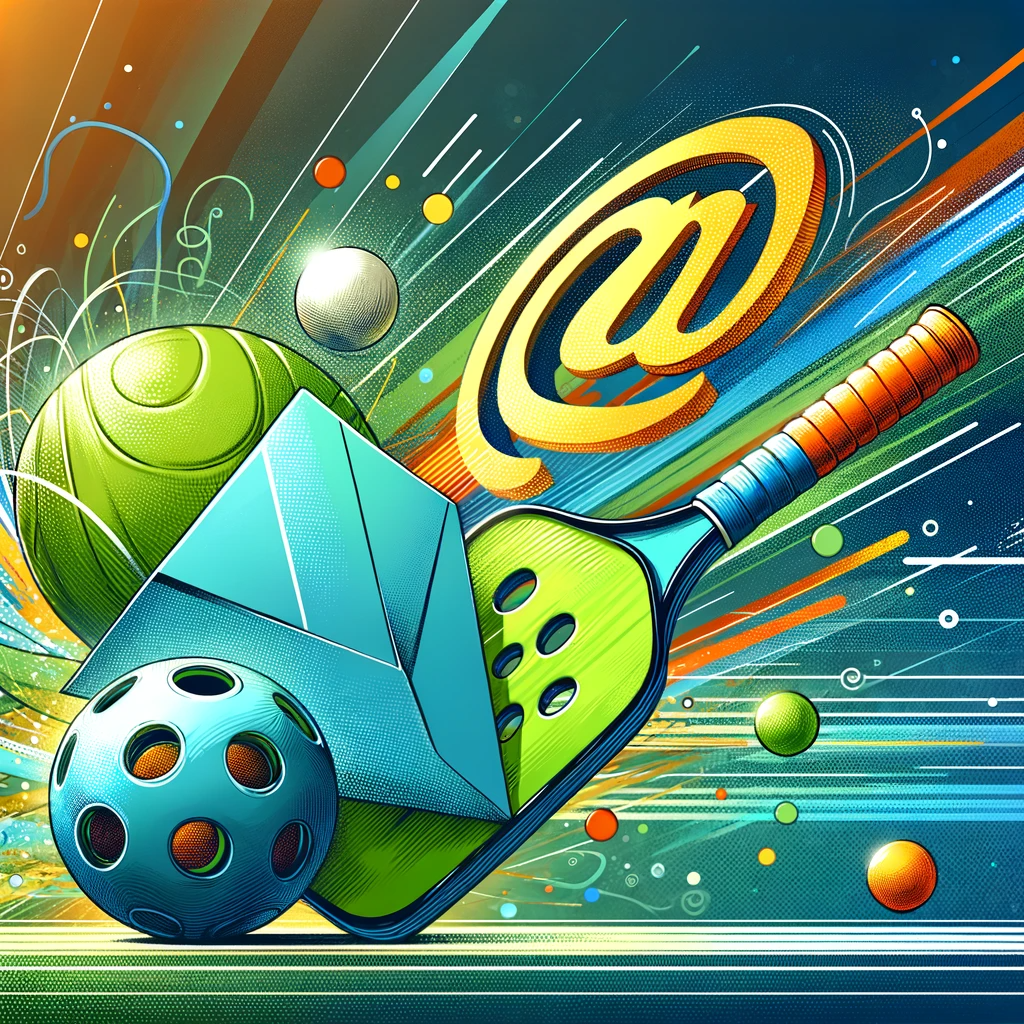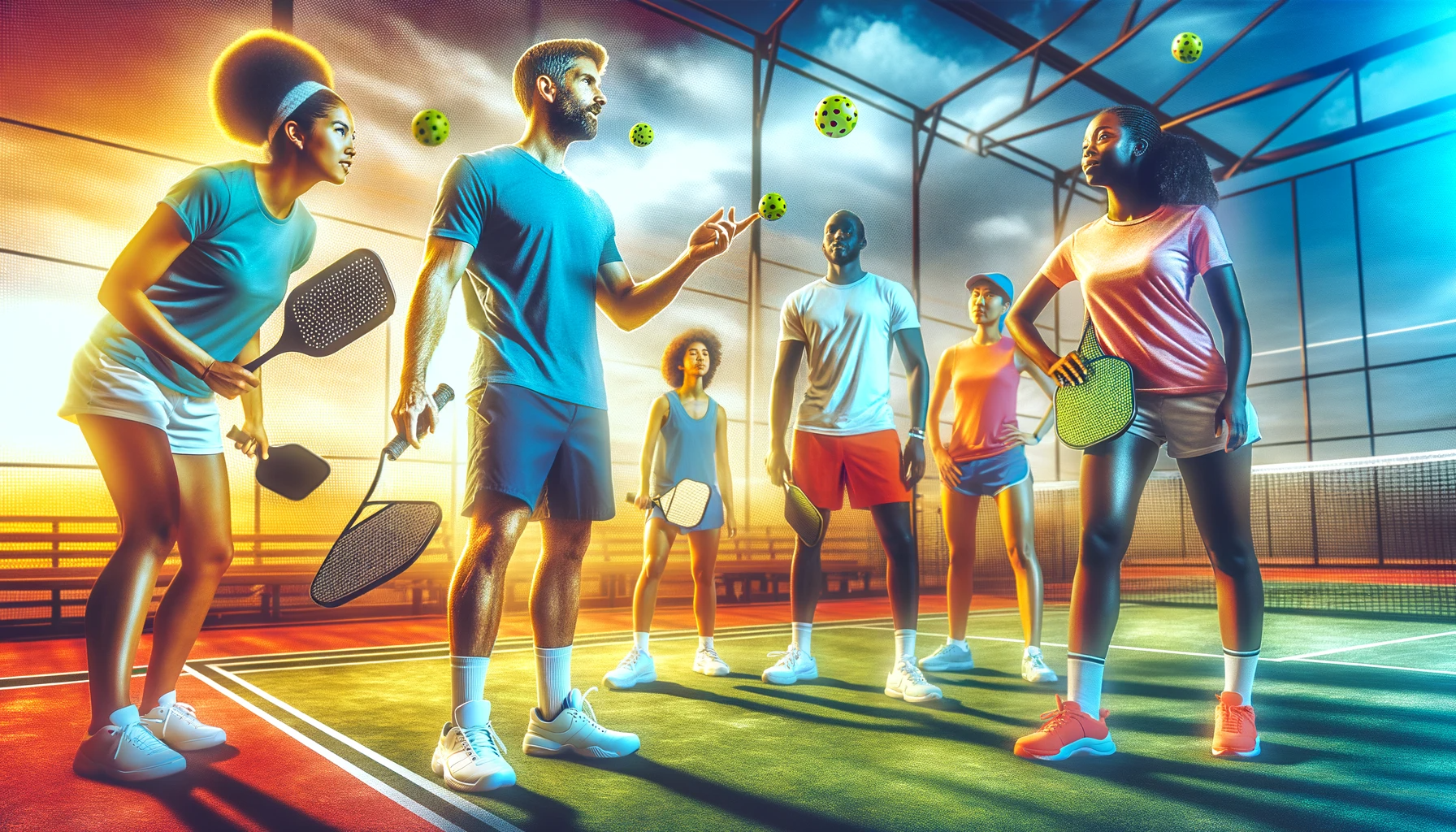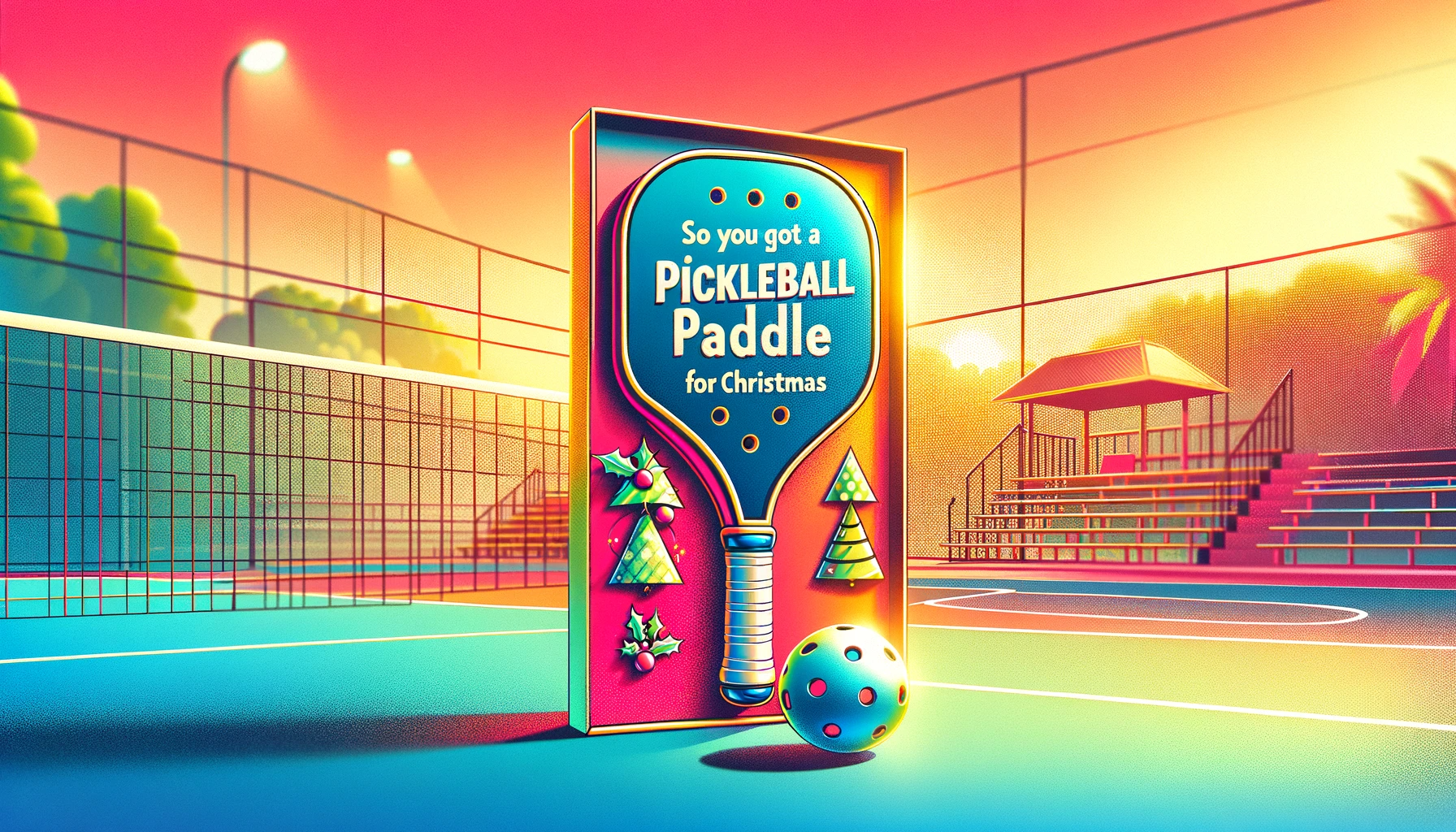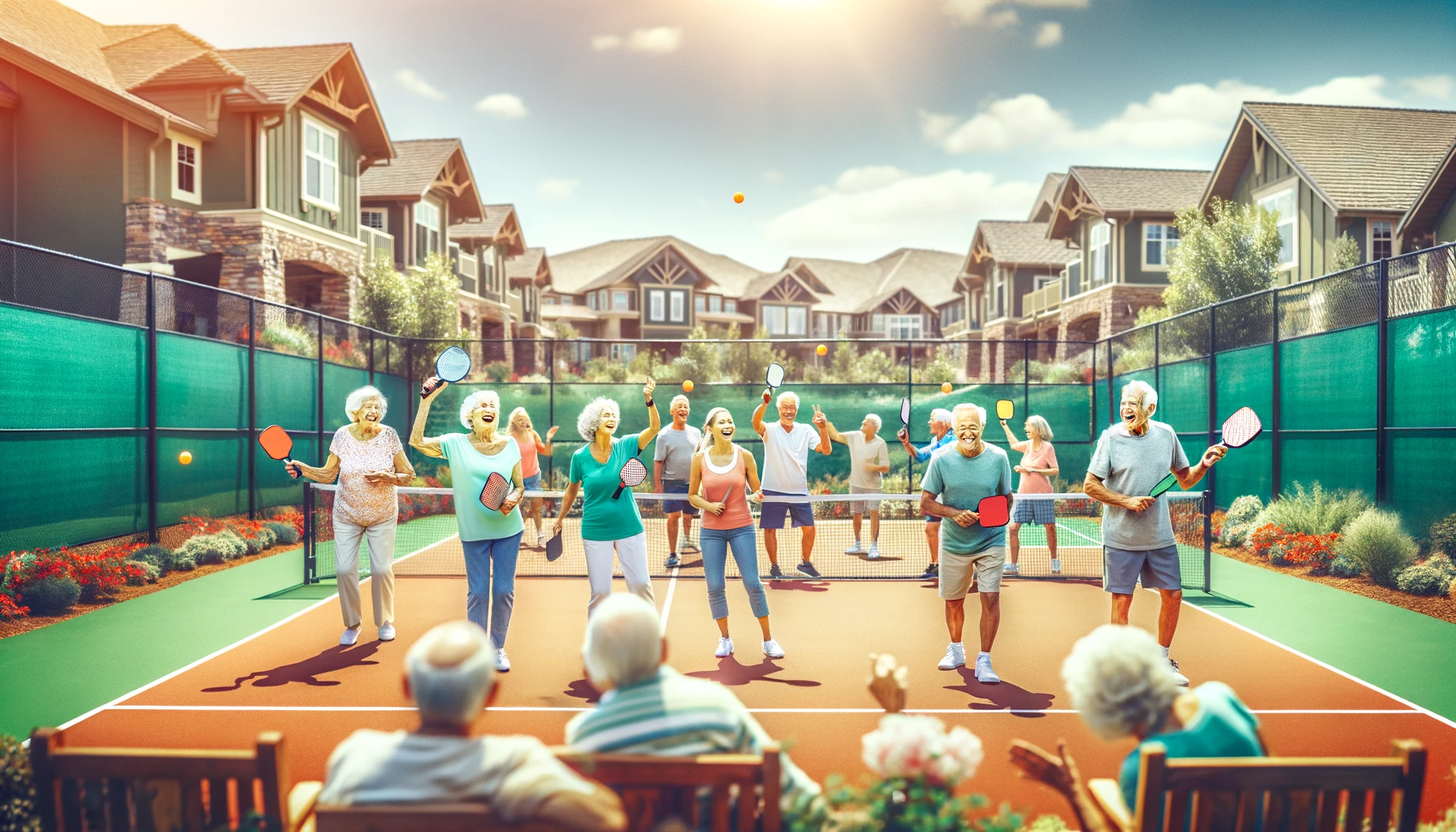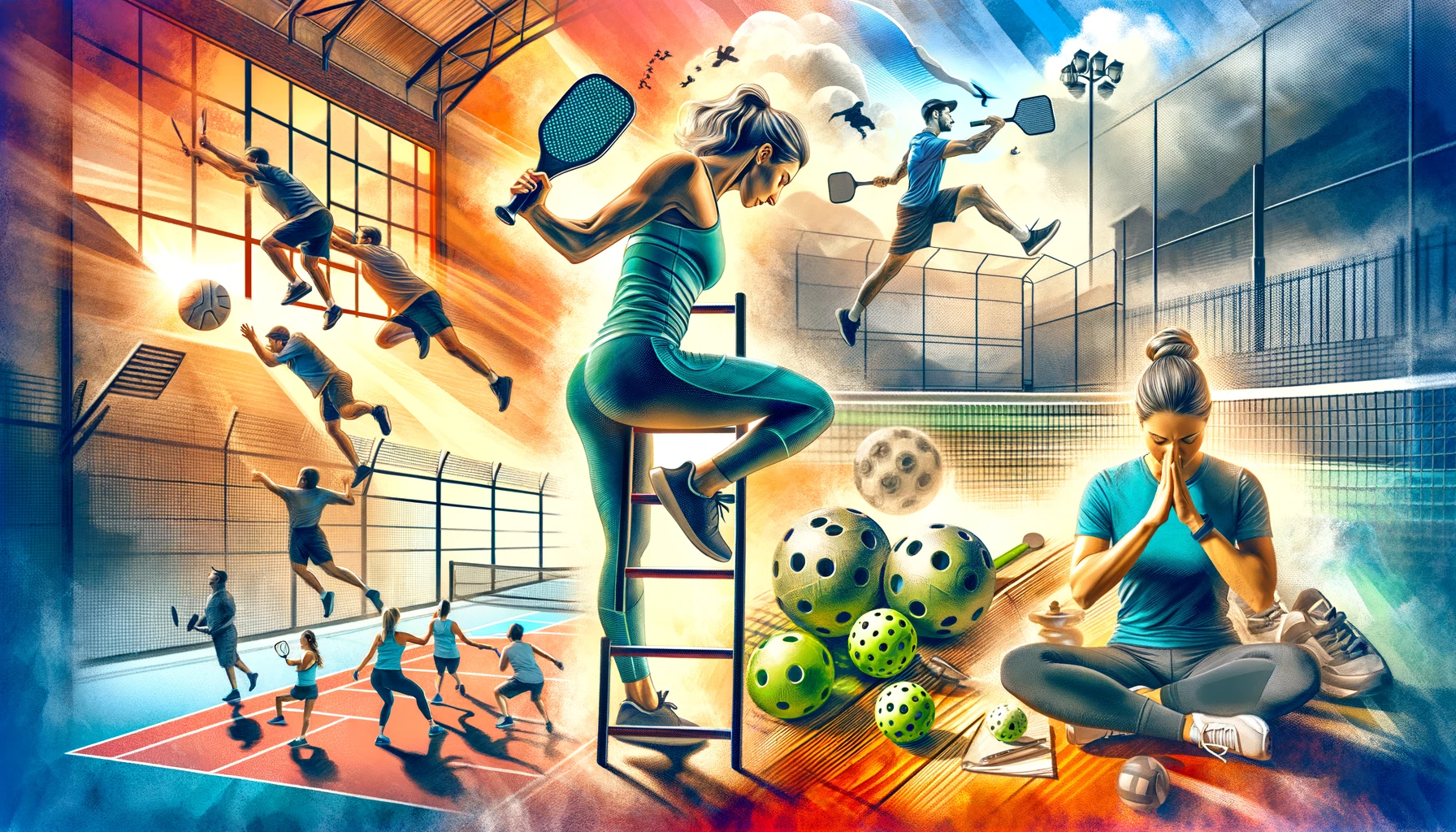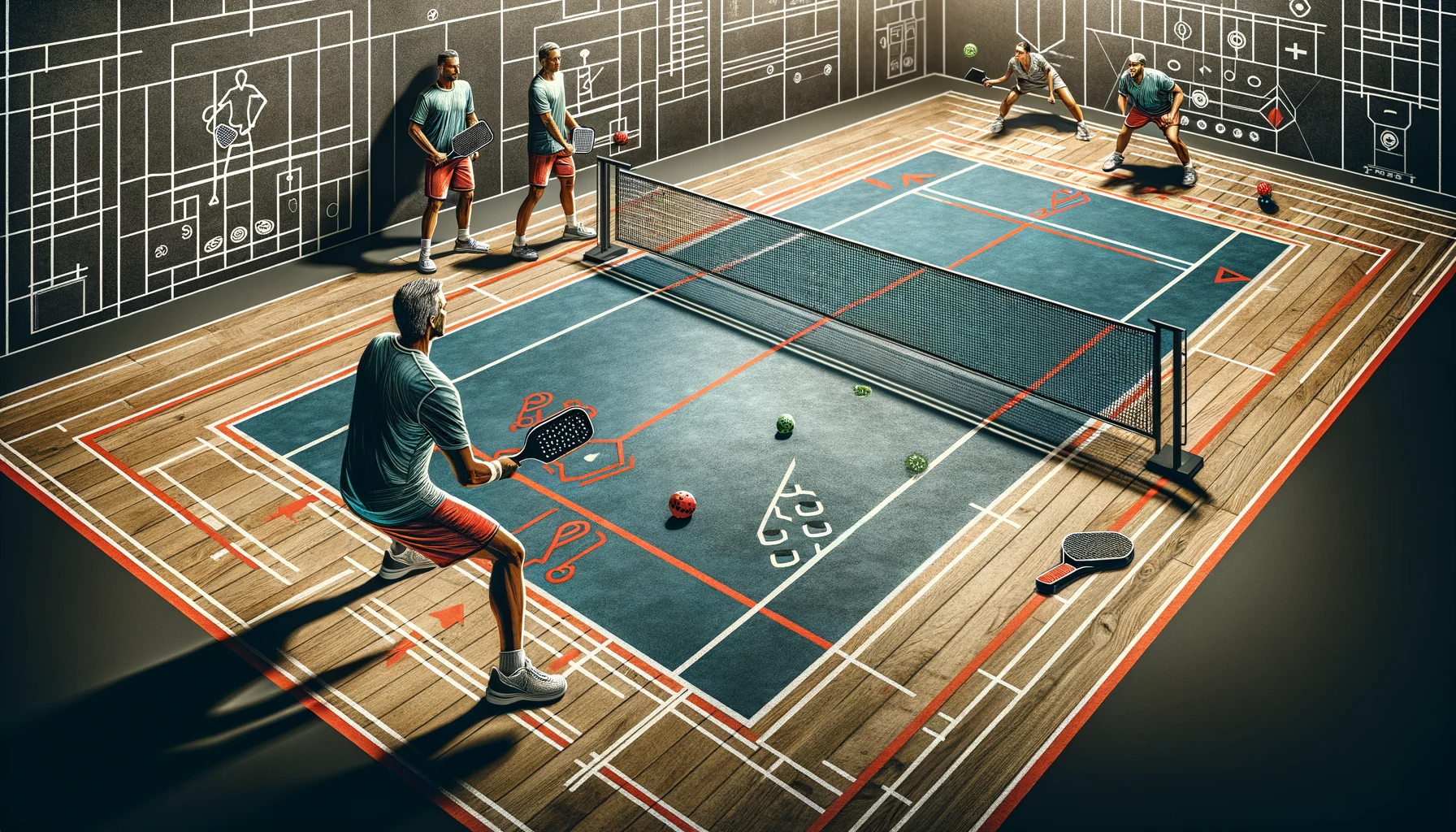
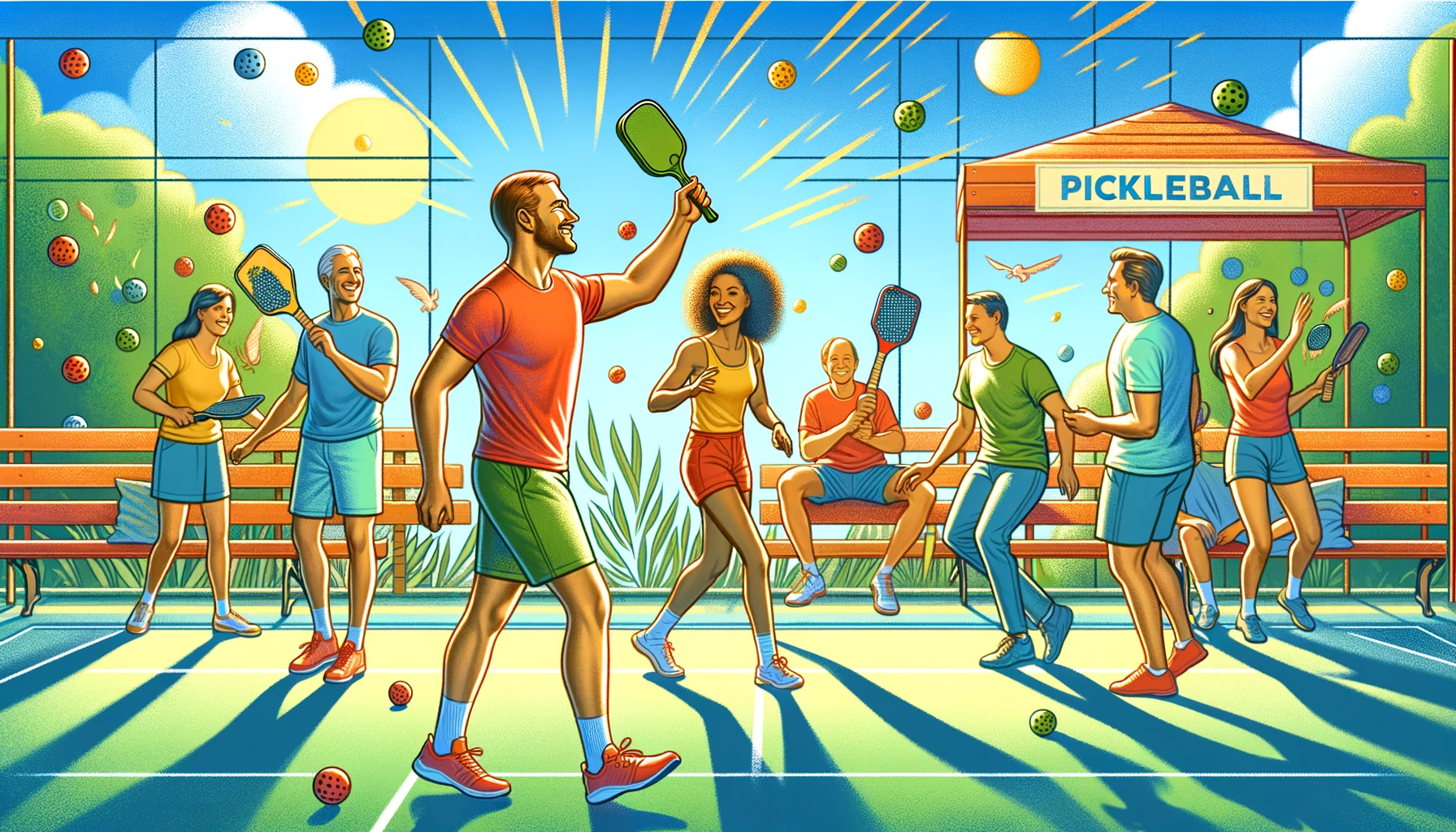
The Psychological Benefits of Pickleball: More Than Just a Game
Pickleball, a sport that combines elements of tennis, badminton, and ping-pong, has rapidly gained popularity across the globe. While its physical benefits are widely recognized, the psychological advantages of engaging in this fast-paced, social game are equally significant. This blog post delves into the myriad ways playing pickleball can positively impact mental health, reduce stress, and enhance overall well-being.
The Joy of Movement: Physical Activity and Mental Health
The Link Between Exercise and Mental Well-Being
The connection between physical activity and mental health is well-documented. Engaging in sports like pickleball leads to the release of endorphins, known as 'feel-good' hormones, which elevate mood and reduce feelings of pain. Regular participation in pickleball can also combat symptoms of anxiety and depression by promoting a sense of accomplishment and improving sleep quality.
Pickleball as a Form of Mindful Exercise
Pickleball requires a focused mind. This concentration can act as a form of mindfulness, drawing players into the present moment and away from daily stressors. The game demands strategic thinking and quick reflexes, providing a mental challenge that keeps the mind engaged and alert.
Social Interaction: Building Connections Through Play
Fostering Community and Friendship
One of the most significant psychological benefits of pickleball is the opportunity it provides for social interaction. The game's friendly and inclusive nature encourages players of all skill levels to join, fostering a sense of community and belonging. Regular interaction with fellow players can lead to lasting friendships and a supportive social network.
Teamwork and Communication
Playing doubles in pickleball enhances teamwork skills. It requires effective communication and collaboration with a partner, fostering a sense of unity and shared accomplishment. This aspect of the game can improve interpersonal skills and contribute to a more positive outlook on life.
Stress Reduction: The Therapeutic Effect of Pickleball
Physical Activity as a Stress Reliever
The physical exertion involved in pickleball is an excellent way to relieve stress. The sport provides a healthy outlet for releasing tension and frustration, leading to a more relaxed state of mind post-game. The rhythmic nature of hitting the ball can also be meditative, providing a sense of calm and focus.
The Joy of Play
There's an inherent joy in the act of playing, regardless of age. Pickleball brings out this childlike sense of play and enjoyment, which is crucial for mental health. Engaging in playful activities has been shown to reduce stress and improve overall mood.
Cognitive Benefits: Sharpening the Mind
Improving Concentration and Mental Agility
Pickleball is not only a physical game but also a mental one. It requires strategic thinking, quick decision-making, and constant adaptation to the opponent's moves. This mental exercise can sharpen cognitive abilities, enhance concentration, and improve problem-solving skills.
Boosting Brain Health
Regular physical activity, like playing pickleball, has been linked to improved brain function. It can enhance memory, slow down age-related cognitive decline, and may even reduce the risk of dementia.
Emotional Balance: The Role of Endorphins
The Natural High of Physical Activity
Endorphins released during exercise can lead to what is often termed as a 'runner’s high'. Pickleball players can experience this euphoric state, leading to an improved mood and a sense of well-being that extends beyond the court.
Emotional Regulation Through Exercise
Regular participation in pickleball can help in regulating emotions. Physical activity is known to reduce symptoms of depression and anxiety, providing a natural way to manage emotional health.
Building Self-Esteem: The Confidence Boost
Mastery and Achievement
Learning and mastering new skills in pickleball can significantly boost self-esteem. The sense of achievement from improving your game, mastering a new shot, or winning a match contributes to a positive self-image and confidence.
Setting and Achieving Goals
Pickleball offers numerous opportunities to set personal goals, whether they're related to skill development, fitness, or social interaction. Achieving these goals fosters a sense of accomplishment and self-worth.
Pickleball for All Ages: Inclusivity and Accessibility
A Sport for Everyone
Pickleball's simple rules and low-impact nature make it accessible to people of all ages and skill levels. This inclusivity ensures that everyone, from children to seniors, can experience the psychological benefits of the game.
Intergenerational Play and Learning
Pickleball provides a unique opportunity for intergenerational interaction. Playing with people of different ages can lead to mutual learning and understanding, enhancing empathy and respect across generations.
Conclusion
Pickleball is more than just a game. Its benefits extend far beyond the physical realm, positively impacting mental health, reducing stress, and improving overall well-being. Whether it's through the joy of movement, social interaction, stress reduction, cognitive enhancement, emotional balance, or building self-esteem, pickleball offers a holistic approach to health that is both accessible and enjoyable.
FAQs
Q: Can pickleball really help reduce symptoms of anxiety and depression?
A: Yes, regular physical activity, including playing pickleball, can help reduce symptoms of anxiety and depression by releasing endorphins and providing social interaction and a sense of achievement.
Q: Is pickleball suitable for older adults?
A: Absolutely. Pickleball's low-impact nature and simple rules make it an ideal sport for older adults, helping them stay physically active and socially engaged.
Q: Can playing pickleball improve cognitive function?
A: Yes, the strategic and fast-paced nature of pickleball can help sharpen cognitive functions such as concentration, problem-solving, and decision-making.
Q: Do I need to be physically fit to start playing pickleball?
A: No, pickleball is accessible to individuals of all fitness levels. It's an excellent way to start incorporating physical activity into your lifestyle in a fun and social environment.
Q: How often should I play pickleball to experience its psychological benefits?
A: Even playing pickleball a few times a week can offer significant psychological benefits. However, the frequency can vary based on individual preferences and lifestyle.
